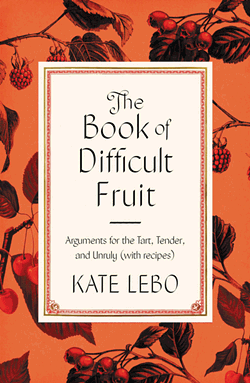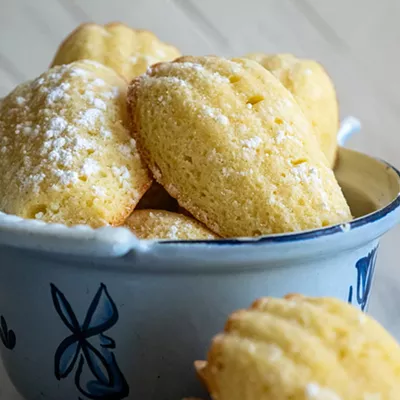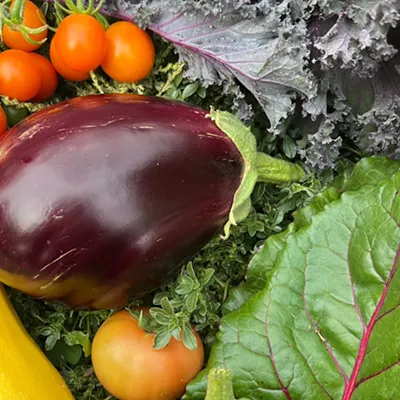I
t's a testament to Kate Lebo's curiosity, knowledge and sheer writing chops that she can spend a chapter describing a fruit called a durian as tasting like "peaches laced with onions and garbage" and smelling "a little like turpentine" yet leave you wanting to merrily try some for yourself — laughing all the way.The durian is just one of the featured foods in Lebo's new The Book of Difficult Fruit: Arguments for the Tart, Tender, and Unruly (With Recipes), and while you might not actually try her recipe for durian ice cream, there's plenty more-pleasing fruits along the way that could inspire you to put down the book for a bit and head to your kitchen.
The difficult fruit in Lebo's title doesn't mean just fruit that's literally hard to keep down like the durian, but fruit that's challenging to work with, hard to find in stores or rarely referenced in mainstream food writing and recipes. And this book, Lebo's third, isn't simply a guide to tackling dishes featuring those fruits (although it is partly that). Difficult Fruit is a remarkable combination of food writing, memoir, medical and natural history, and cultural anthropology that's unlike anything you've read before. And it's as welcoming for non-foodies as it is for those familiar with Lebo as the "pie lady" writer of A Commonplace Book of Pie and Pie School: Lessons in Fruit, Flour and Butter, or as co-founder with husband Sam Ligon of the annual Pie & Whiskey bacchanal during Spokane's Get Lit! Festival.
Lebo's book introduces readers to certain uncommon fruits (aronia, medlar), and reintroduces them to familiar ones (pomegranates, blackberries) in unexpected ways. It also delves into the fruits' histories in the natural world, their uses by medical practitioners and herbalists, and their culinary, cultural and spiritual roles in communities around the globe.
Taking a "food book" into all those areas in a compelling way is a high-wire act that Lebo performs with seeming ease and an inviting style. There are hilarious lines, and poignant reflections as well. It's organized alphabetically like a reference book, but at no point does the writing feel dry or merely academic.
That's because Lebo puts so many personal touches throughout. She writes about her own kitchen failures, about her family and tackling dandelion issues in her yard. She takes readers back to her childhood, back to a cancer scare during the writing of this very book, back to the nursing home where her mother worked, and where a teenage Lebo worked for a summer, too. The memoir-ish passages weave throughout to make Difficult Fruit probably the most intensely personal "cookbook" imaginable.

























